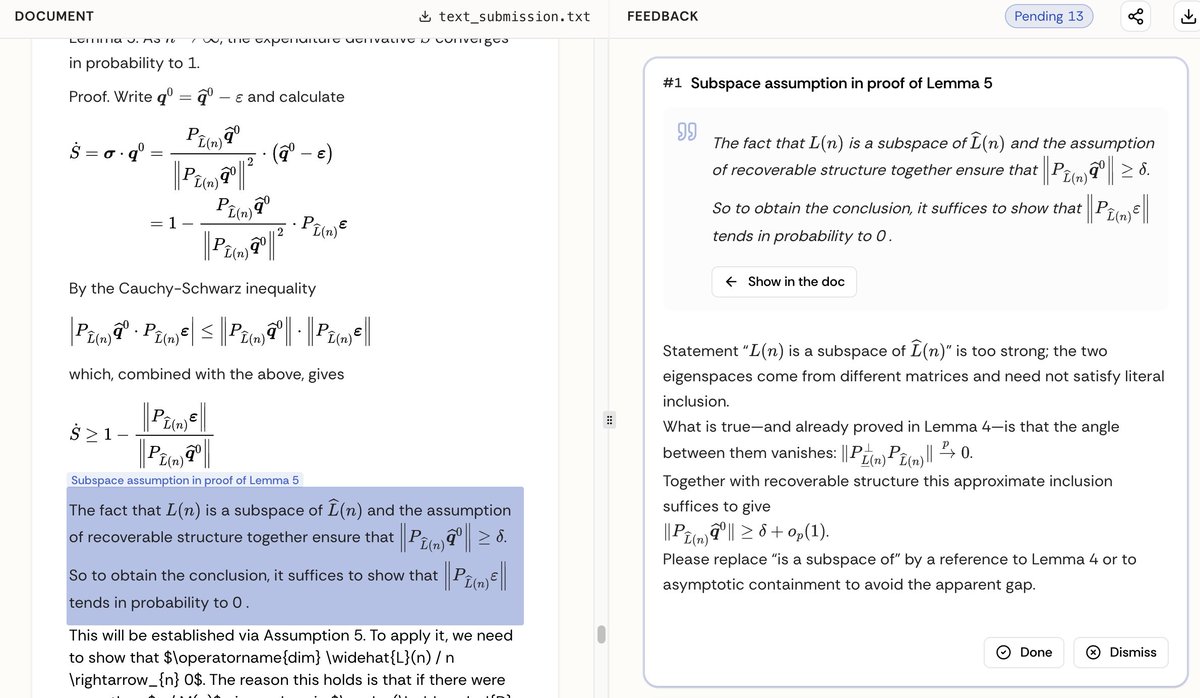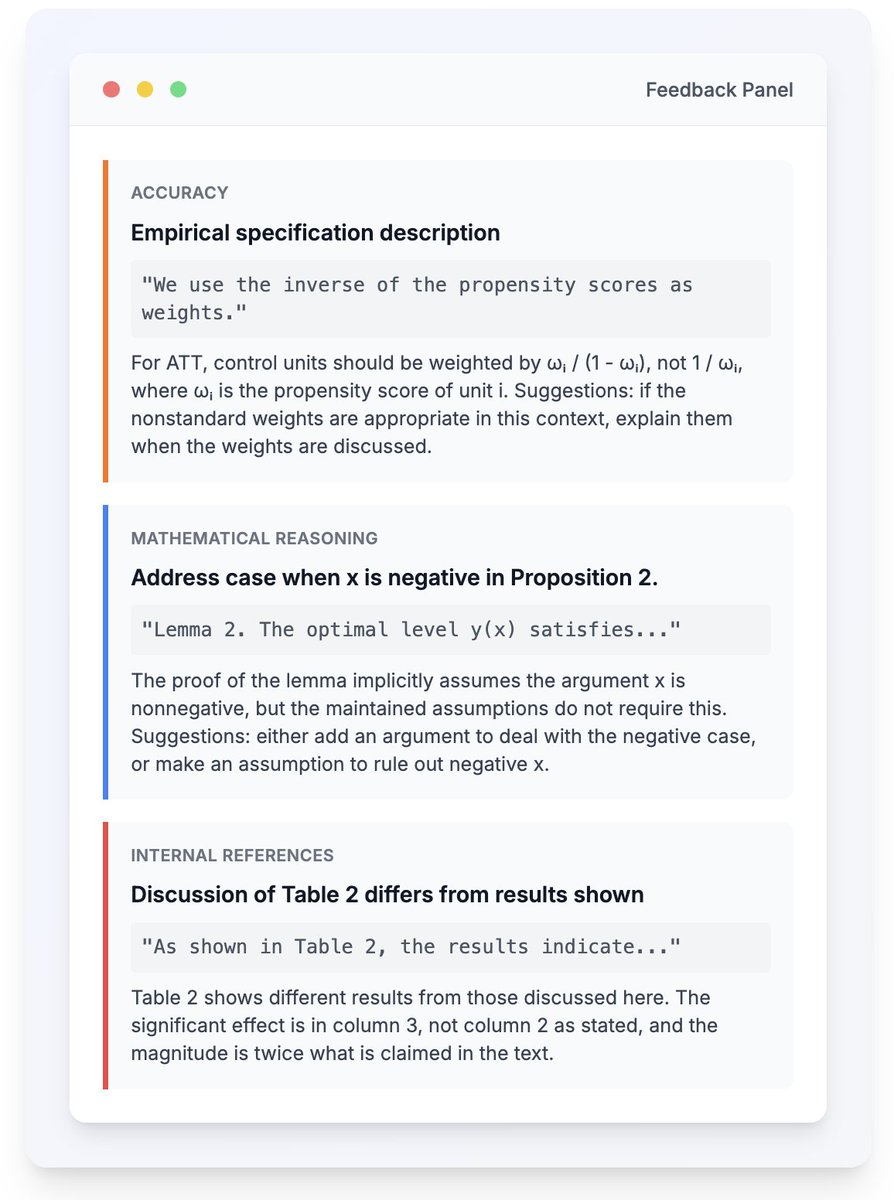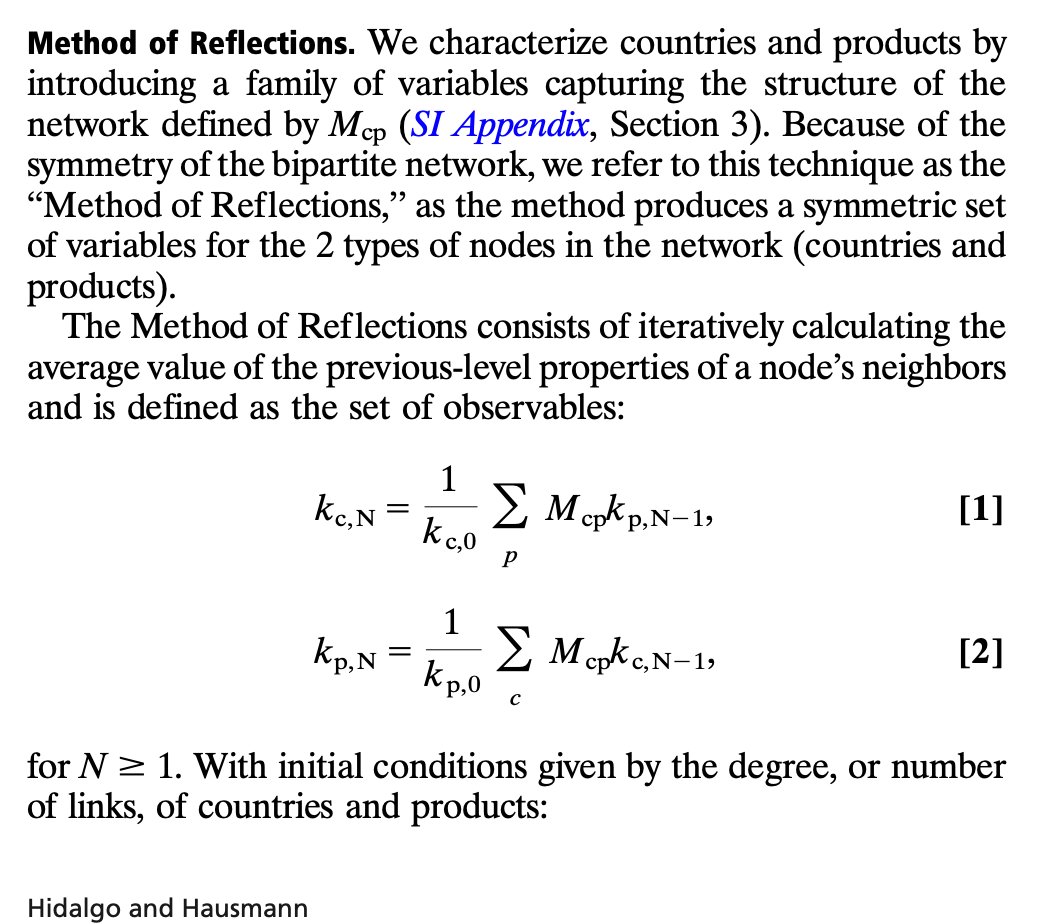An agent prefers to do A but does B instead because it's his duty.
Ordinary revealed preference theory says he actually preferred B (whatever he might say), if he had any consistent preference at all.
Sarah Ridout has a nice paper giving a more helpful account of what happened.
Ordinary revealed preference theory says he actually preferred B (whatever he might say), if he had any consistent preference at all.
Sarah Ridout has a nice paper giving a more helpful account of what happened.

The paper is here:
arxiv.org/abs/2003.06844
This little thread is inspired by @itaisher's example here, which fits Sarah's paper perfectly
arxiv.org/abs/2003.06844
This little thread is inspired by @itaisher's example here, which fits Sarah's paper perfectly
https://twitter.com/itaisher/status/1296421188361740290
Here's what she does: "I consider decision-making constrained by considerations of morality, rationality, or other virtues. The decision maker has a true preference over outcomes, but feels compelled to choose among outcomes that are top-ranked" by a "virtue/duty" preference.
3/
3/
Being a decision theorist, she does decision theory on this.
In particular, she asks how we can identify the agent's notion of duty (or whatever other virtue he feels constrained by) if we know his true preference.
4/
In particular, she asks how we can identify the agent's notion of duty (or whatever other virtue he feels constrained by) if we know his true preference.
4/
She also shows that choice behavior substantially restricts both the true preference and justifications when neither is known, and gives a mathematical characterization of how.
5/
5/
What I like about this is that it takes seriously the conflict that can arise between duty and preference. It doesn't insist on some dogmatic conflation of the two (as in my first tweet) but creates a formalism giving them both space to be real things.
6/
6/
A wonderful example of decision theory being helpful by giving us good, clear ways to talk about (and "be economists about") things that we should talk about, but didn't yet have good language for.
7/7
7/7
PS/ I think this is a piece of decision theory that Bernard Williams (who unfortunately is not on Twitter) would have liked.
• • •
Missing some Tweet in this thread? You can try to
force a refresh








